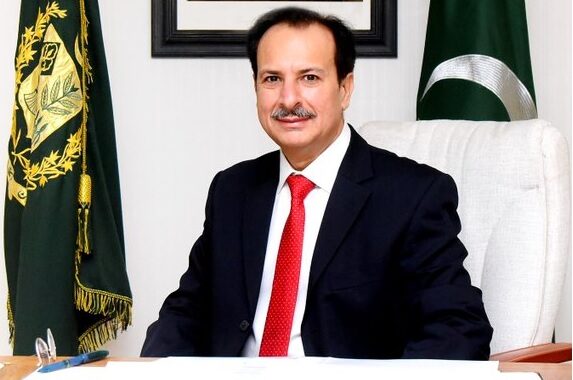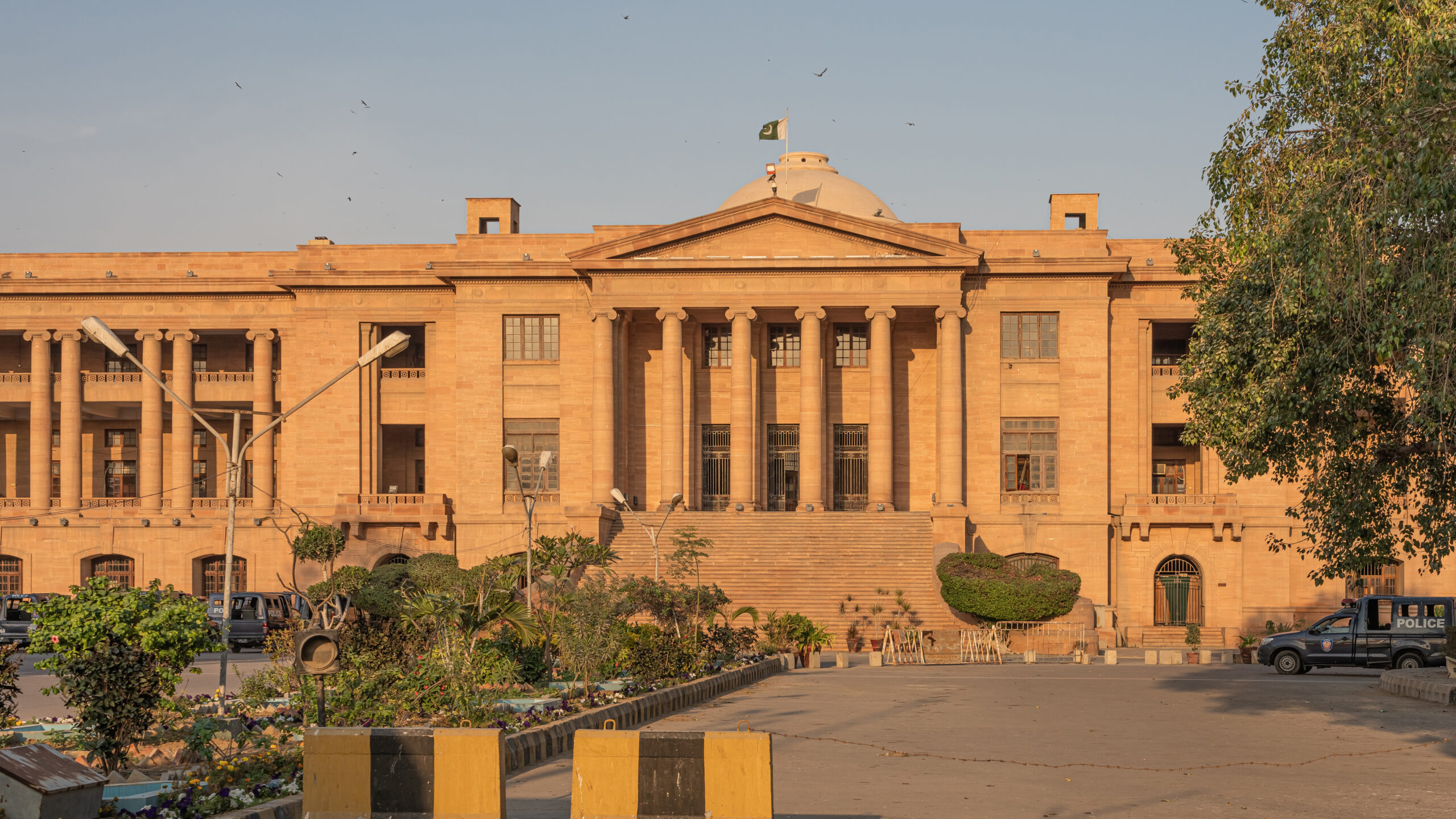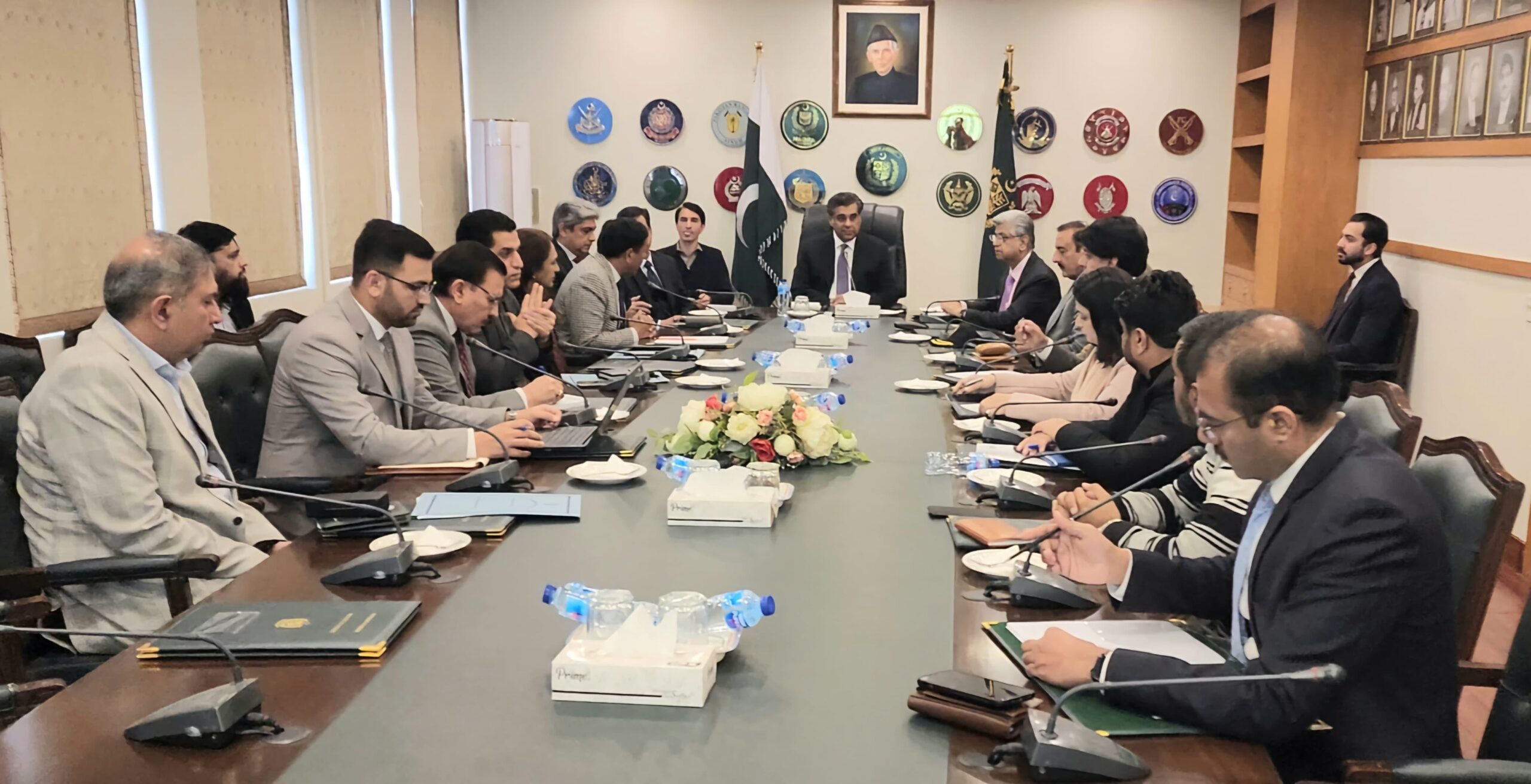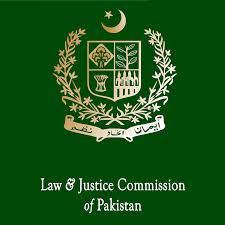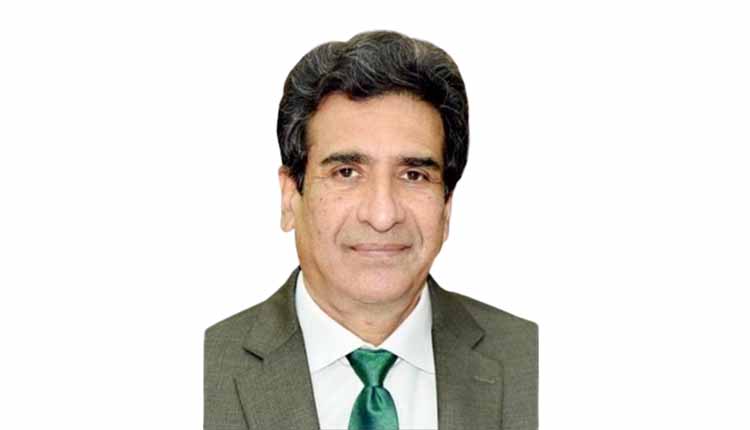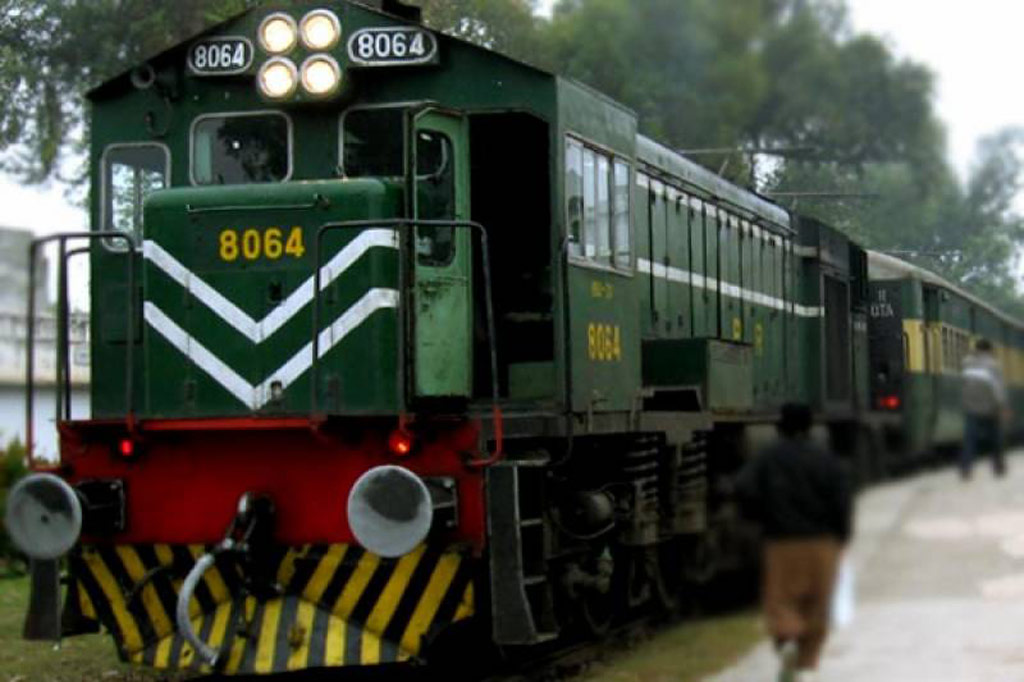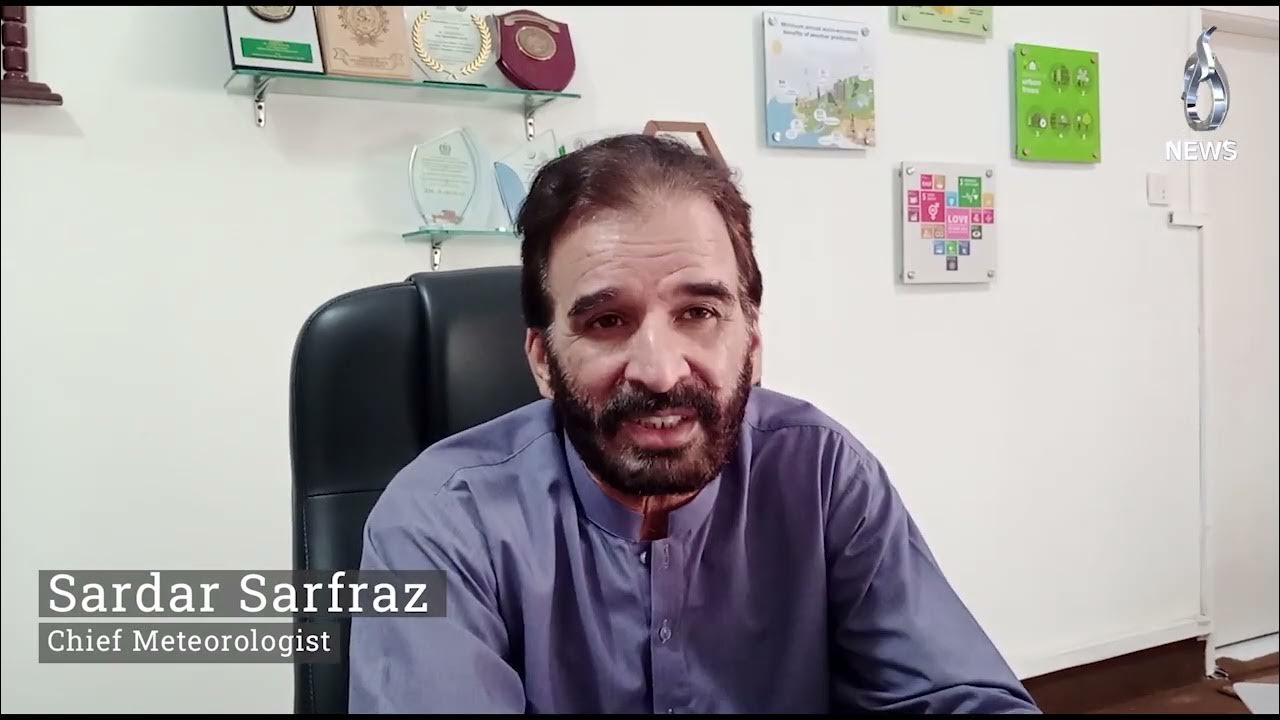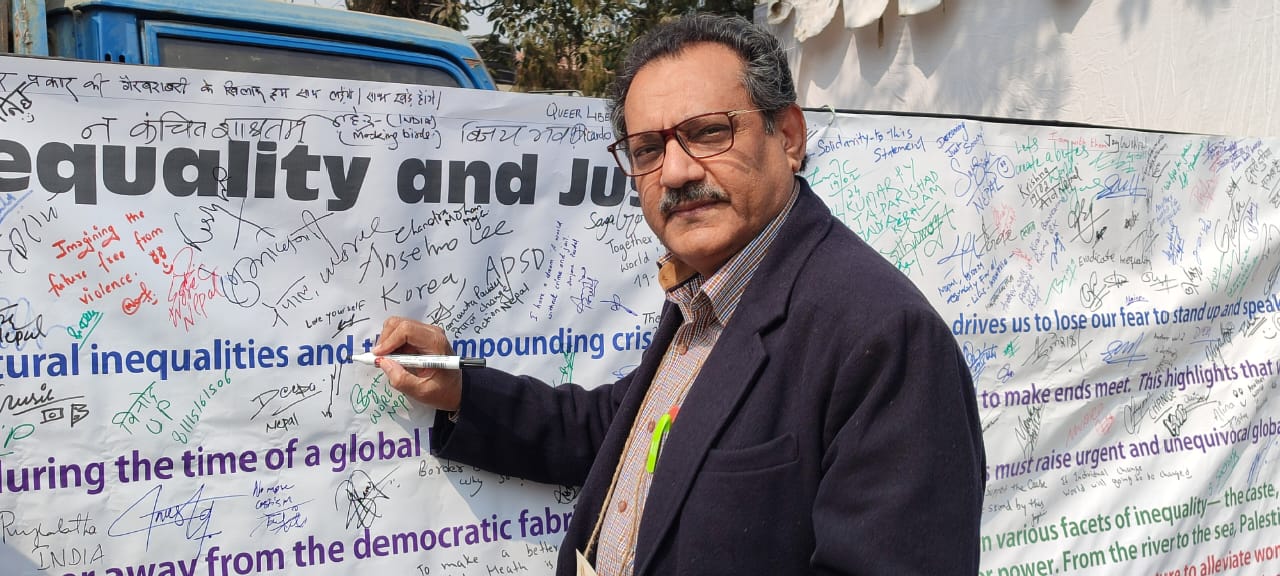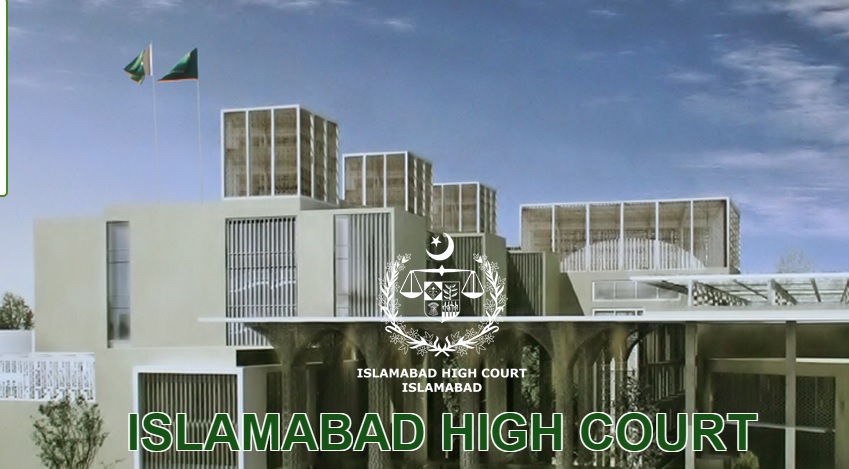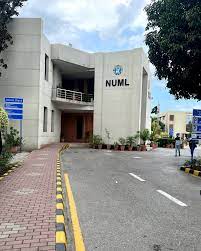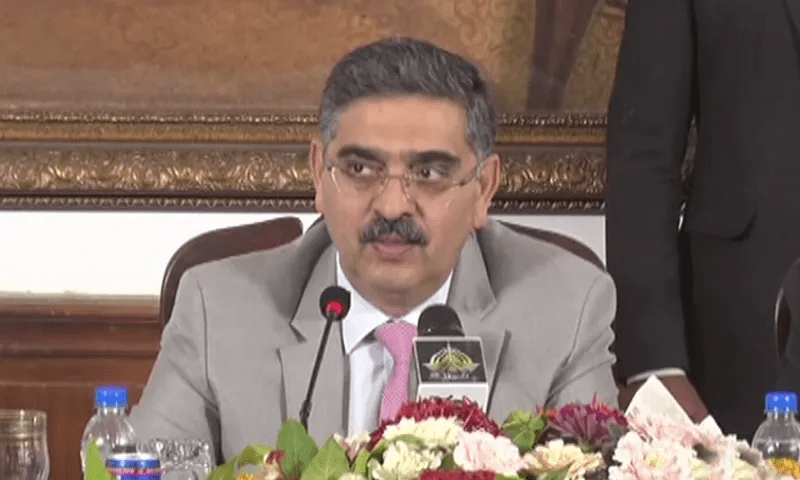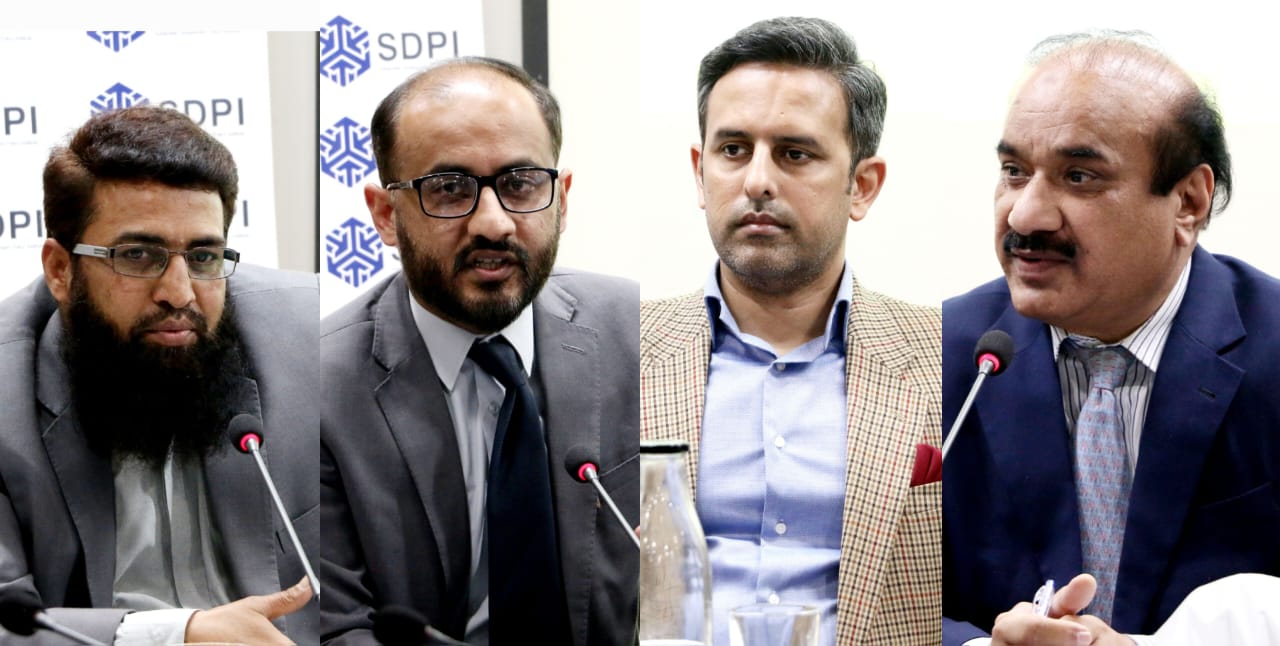ISLAMABAD, Feb 13 (APP):The Institute of Strategic Studies Islamabad (ISSI) on Tuesday hosted its latest ‘Thought Leaders Forum’ (TLF) under the title, “Poverty Alleviation and the Role of Rural Support Program.”
Shoaib Sultan Khan, Chairman National Rural Support Program (NRSP), Pakistan was the distinguished speaker, according to a press release issued here.
In her welcome remarks, Dr. Neelum Nigar, Director of the Centre for Strategic Perspectives (CSP), mentioned that under the TLF, ISSI acknowledges and pays tribute to individuals esteemed as authoritative voices in specific fields. These individuals have played a crucial role in shaping perspectives, influencing decisions, and driving innovation within their respective domains in Pakistan. She added that Shoaib Sultan Khan stands as a testament to this spirit of thought leadership, and ISSI is privileged to have him share his insights on this platform.
DG ISSI Ambassador Sohail Mahmood, in his welcome remarks, paid rich tributes to Shoaib Sultan Khan’s vision, transformational leadership, and outstanding contribution to efforts for poverty reduction in Pakistan and the region, including in India, through community participation. He added that Shoaib Sultan Khan’s life-long work had made a difference in the lives of millions and was duly recognised in Pakistan and internationally.
Ambassador Sohial Mahmood noted that Pakistan has made significant strides in reducing absolute poverty, with rates dropping from 61.6% in 1998-99 to 21.5% in 2021-22.
However, multidimensional poverty remains high at 39%, highlighting deprivation in health, education, and standard of living. Recent events, including the COVID-19 pandemic and floods, have exacerbated these challenges, particularly affecting rural communities where necessities are scarce. Shoaib Sultan Khan has been instrumental in addressing challenges and uplifting rural communities, particularly through his leadership in the Rural Support Program. Since 1982, he has played a transformative role in various impactful programs across Pakistan, India, and South Asia, positively impacting millions of lives.
Shoaib Sultan Khan, while shedding light on poverty alleviation and the role of rural support programs, emphasized that Pakistan’s rural support programs are among the oldest in the region. These programs are widely acknowledged for their success and have served as a model and inspiration for similar initiatives in South Asia, including India. However, regrettably, programs inspired by Pakistan’s rural support model have shown greater success over time. He emphasized that the pursuit of poverty eradication should be a shared political agenda, serving as a unifying force rather than a source of division within regions. It is a common goal that has the potential to foster collaboration and solidarity across diverse geographical areas, emphasizing the collective responsibility to address and eliminate socio-economic disparities.
Shoaib Sultan Khan further elucidated multiple factors that contribute to the success of such programs including long-term political commitment, poverty eradication as a common political agenda, political support and ownership, sustained governmental support, institutional development, innovation and adaptation, and participation of women.
During his remarks, Shoaib Sultan Khan brought attention to four essential elements of the success of a rural support program; (i) the willingness of the households to organize and enable their potential; (ii) a competent community leader with social mobilization vision; (iii) professional, dedicated and committed support organization; and (iv) availability and commitment of resources. He further said that the continued success of rural support programs hinges on the active engagement of households, encouraging them to embrace a collaborative mindset for sustainable development.
During the interactive session, a wide range of subjects dealing with rural support programs in Pakistan was discussed. Topics including sustainable development of programs, political transitioning, harnessing people’s potential, inclusion of women, data sharing among departments, political will, and digitalization of the program came under discussion. It was emphasized that the rural support program had proven its relevance and efficacy over time and that this vision remained relevant and sustainable, now and for the future.
The Forum was attended by a large number of serving and former civil servants, academics, think tank experts, development practitioners, students, and members of civil society and the media.
مضمون کا ماخذ : لاٹری ٹکٹ جیتنے کے نمبر

